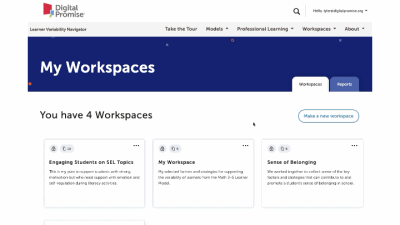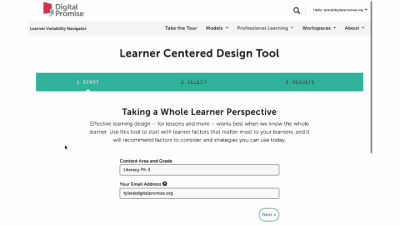Mentoring/Coaching
Overview
Giving learners the opportunity to share their knowledge, skills, and understanding with others strengthens learning and increases Motivation while also building Social Supports. Preparing to coach and communicating conceptual information can increase Foundational Reading Skills, while supporting greater retention of information and skills into Long-term Memory. Learning different perspectives from coaches or mentors can also build Cognitive Flexibility.
Use It In Your Learning Environment
Adult learners benefit from opportunities to learn from their experts in different contexts. Learners who have been negatively affected by Adverse Experiences, English language learners, first generation college students, and adults from marginalized populations benefit greatly from having a mentor in the workplace or learning environment who can provide a sense of Safety, build Social Supports, foster intrinsic Motivation, and encourage academic persistence which contributes to a Learner Mindset. Before building a coaching or mentoring program, it is important to be aware of potential cognitive biases and how they could influence mentorship programs in the workplace.
Products can include features where learners can record video, audio, or written explanations of certain concepts or reading material. Developers can also create an online space where learners can access a library of these explanations with the ability to ask questions and comment to peers and instructors to increase communication and understanding. Digital products using artificial intelligence can support the creation of mentorships or coaching opportunities based on strengths and needs.
Additional Resources
Additional examples, research, and professional development. These resources are possible representations of this strategy, not endorsements.
Factors Supported by this Strategy
More Cooperative Learning Strategies
Beginning meetings with check-ins and maximizing opportunities for informal check-ins, whether live or online, can foster a sense of Belonging while building Social Supports.
Adult learners can self-organize into groups called communities of practice to engage in longer-term examination of a topic to build deeper understanding.
Flexible grouping is a classroom practice that temporarily places learners' together in given groups to work together, with the purpose of achieving a given learning goal or activity.
Learning in social contexts has been shown to have significant effects on comprehension of material and retention of new information into Long-term Memory.
Bringing learners' everyday literacy practices such as text chats into instruction provides regular, low-stakes practice communicating with authentic audiences.










